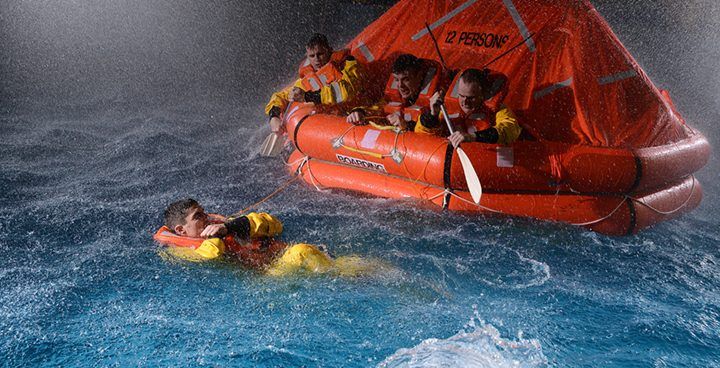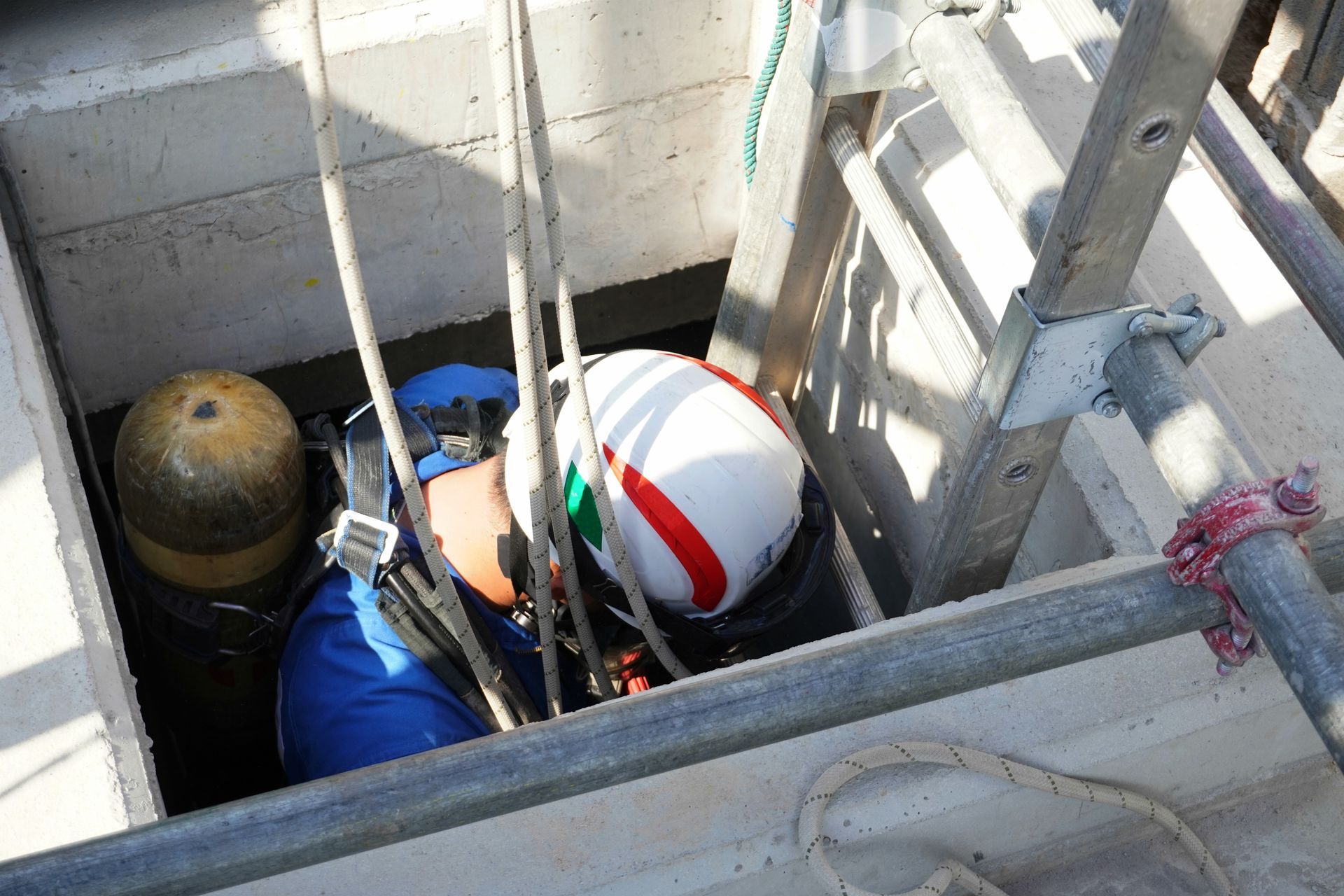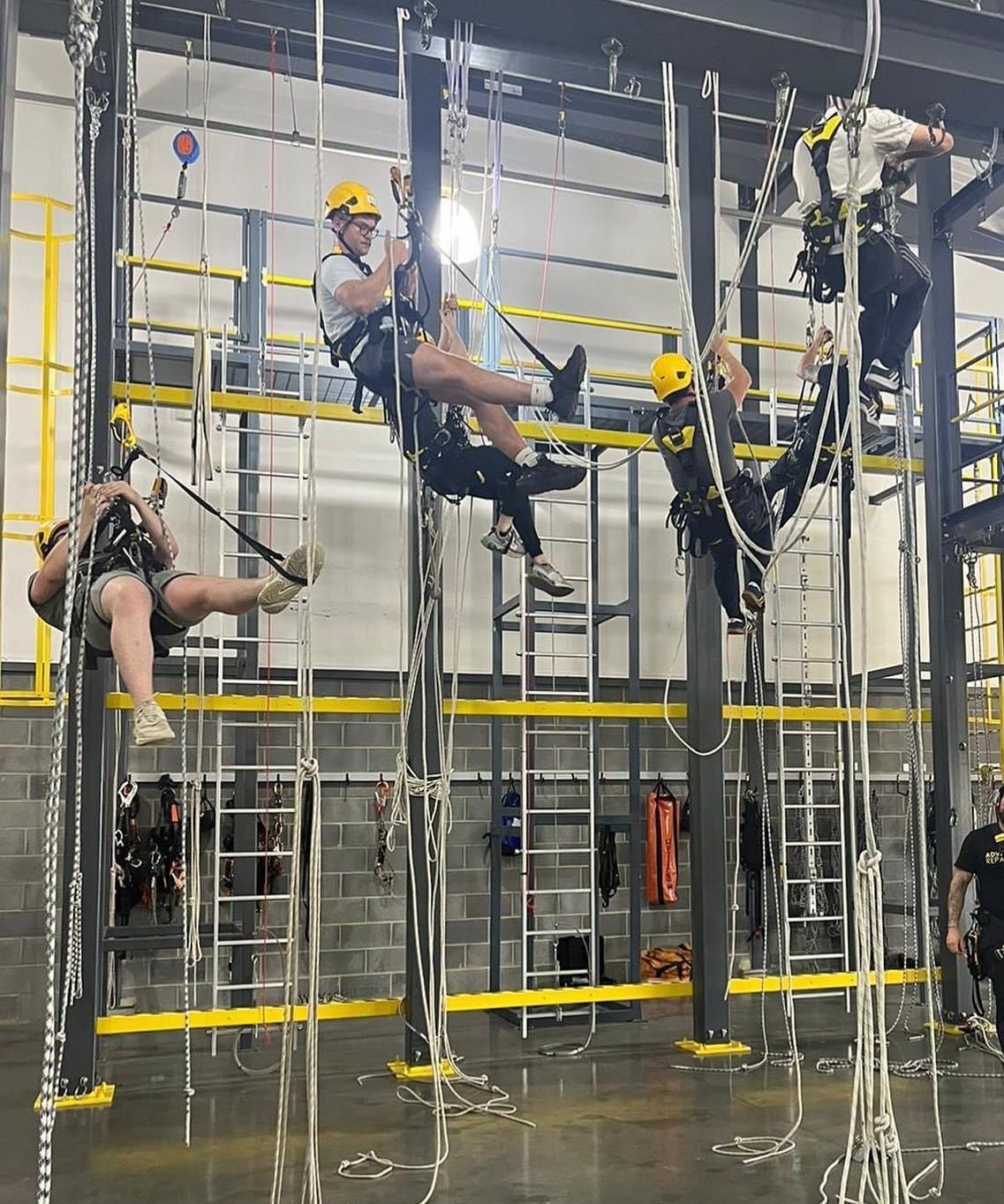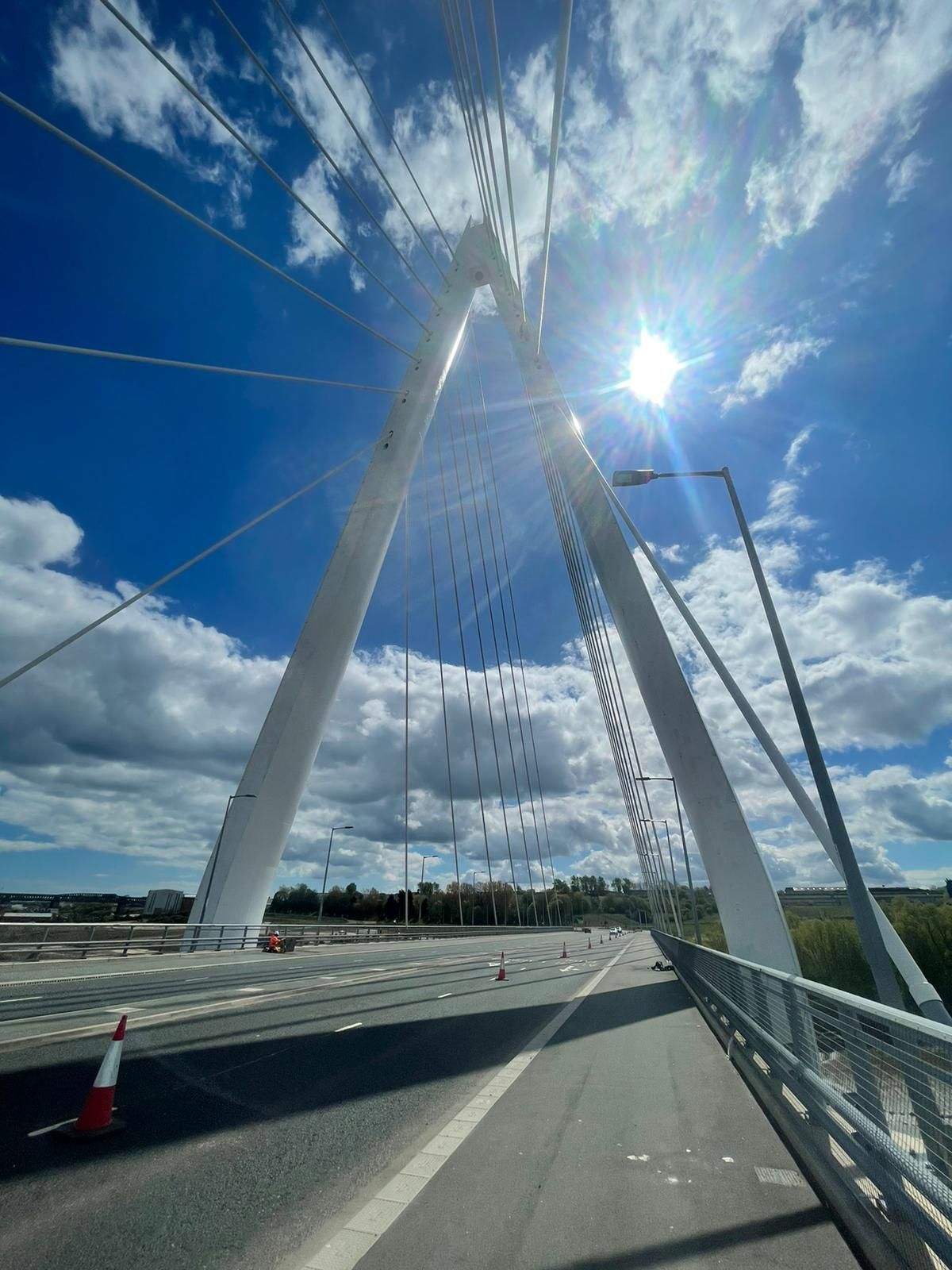GWO Working at Height
GWO Working at Heights Removed as Prerequisite for Sea Survival training

GWO Working at Height
Working at Heights Removed as Prerequisite for Sea Survival training providers are requested to disregard previous advice from Global Wind Organisation (GWO) that Working at Heights will be a prerequisite for any participant completing the GWO Basic Safety Training, Sea Survival Module.
Reference to the prerequisite in Version 16.1 has been removed. V16.1 remains a valid document until 2nd November 2023 in accordance with our policy to provide six months’ grace period following an update.
Training providers are encouraged to transition to version 17 at their earliest convenience following release on 2nd May. Ireland has secured funding to ensure it has the needed workforce to carryout the many maintenance tasks of wind turbines in the future, read our blog post about
GWO transitional funding here.
Background to GWO BST
Basic Safety Training (BST) Sea Survival V16.1 introduced a pre-requisite to have a valid Working at Heights WINDA record (WaH). The prerequisite was recommended by the V16.1 Sea Survival working group because “focus in the transfer training must be on, following the correct procedures and conduct safe transfer (not to practice and learn Working at Heights abilities)”, and that some Working at Heights abilities are necessary tools to conduct safe transfer using SRL and twin fall arrest lanyards safely – both in a real work environment and during training – but are not part of the Sea Survival syllabus.
However, the prerequisite has created a number of practical, operational concerns for members. It introduced an inflexibility in booking courses for all technicians, and WaH is not considered a necessary safety training for several job roles attending this training (such as floating solar, bird counters, boat / CTV Crews).The Training Committee has, in a recent retrospective meeting recognised it had not considered the practical implications of bringing in WaH as prerequisite, and have gained a better understanding of both risks and the target audience groups using this module.
GWO SEA SURVIVAL TRAINING INFORMATION
GWO Sea Survival Training is aimed towards technicians looking to work on off-shore wind farms. The course covers elements from Vessel transfers, swimming techniques, evacuations, and life preserving equipment & techniques.
COURSE OVERVIEW
The GWO Sea Survival Training is designed to ensure delegates understand survival procedures when working in and on wind turbines.
GWO SEA SURVIVAL TRAINING AIMS & OBJECTIVES
The course provides delegates with the basic skills and knowledge to act in a preventative way. This includes using possible aids, rescue equipment and methods.
GWO BST SEA SURVIVAL MODULE CONTENT
The BST Sea Survival Module ensures that:
- You can demonstrate the awareness of the site organisation and relevant legislation to ensure you are aware of the roles, responsibilities and rules that apply to offshore wind farms.
- Demonstrate the needed knowledge to understand the importance of correct clothing and conduct in an offshore wind farm environment. Further to enable skills of detecting and treating stages of cold shock, hypothermia and drowning related to exposures to the human body in an offshore environment.
- The needed knowledge and skills to recognise the advantages and limitations of personal LSA and PPE and usage in a correct and safe manner.
- Demonstrate the needed knowledge related to GMDSS (Global Maritime Distress and Safety Systems) and SAR (Search and Rescue).
- Gain, needed skills individually and collective to enhance the chance of survival in an emergency at sea.
- Knowledge to recognise the hazards and risks of transfer and take the correct preventive measures into account by following procedures. And use the available LSA and PPE in a correct and safe manner.
- Demonstrate the needed knowledge to ensure safe conduct on installations, vessels and WTG´s during normal operations and in case of emergencies and evacuation.
- Needed skills to conduct safe transfer of themselves and equipment between dock and vessel and WTG and vessel. Furthermore, to give the delegates skills to assist in MOB situations.
- You can reflect on and process their learning outcome and key takeaways from the module, aiming to achieve a high learning transfer from the module to his/her way of work. Additionally, the aim is to give the delegates the opportunity to conduct an open-minded written and oral formative evaluation of the training.
PREREQUISITES
- You must hold a valid GWO BST module Working at Heights certificate to attend the training.
- You must be aged 18 years or above and be registered with WINDA before you arrive for your course.
- A good standard of general fitness is required.
Why Choose Dangle's Academy
Here at Dangle, we pride ourselves on offering a wide range of professional and comprehensive inspection, access, coatings, and composite (IACC) industrial services and training courses to cater to the needs of both the private and public sectors. Our dedication to providing high-quality work at height solutions and training has helped us establish a strong reputation in the industry.
With a team of highly skilled and experienced professionals, we are committed to delivering exceptional results that not only meet but exceed our clients' expectations. Our on-site working at height services are designed to minimise maintenance costs in the long and short-term, allowing our clients to save on valuable resources.
Located in Belfast, Northern Ireland, our headquarters serve as the centre of our operations across Ireland. However, we also have a Dangle office based in Scotland, ensuring that we can extend our services to a wider clientele across the United Kingdom. No matter where you are located, our team is always ready to assist you with your industrial maintenance or training needs.
If you would like to learn more about how our dedicated team can help you, we encourage you to get in touch with us today. Our friendly and professional staff are always available to provide you with the information and support you require.
Contact us now to discover the Dangle difference and let us be your trusted partner in meeting your industrial service and training needs today.
We'd Love a Share...
You might also like


